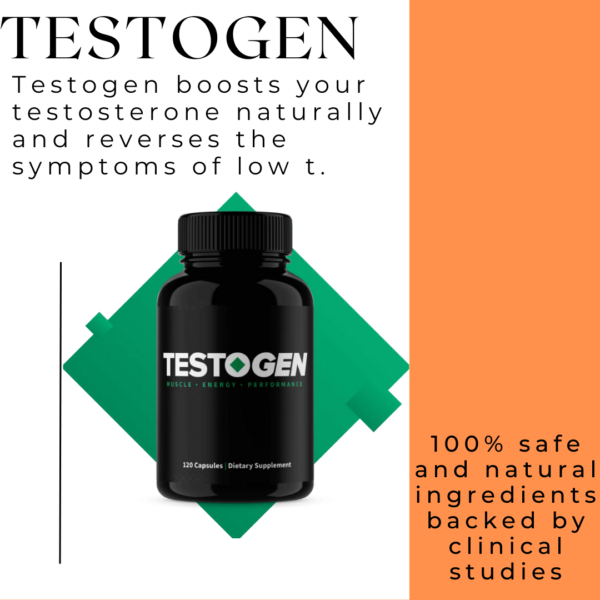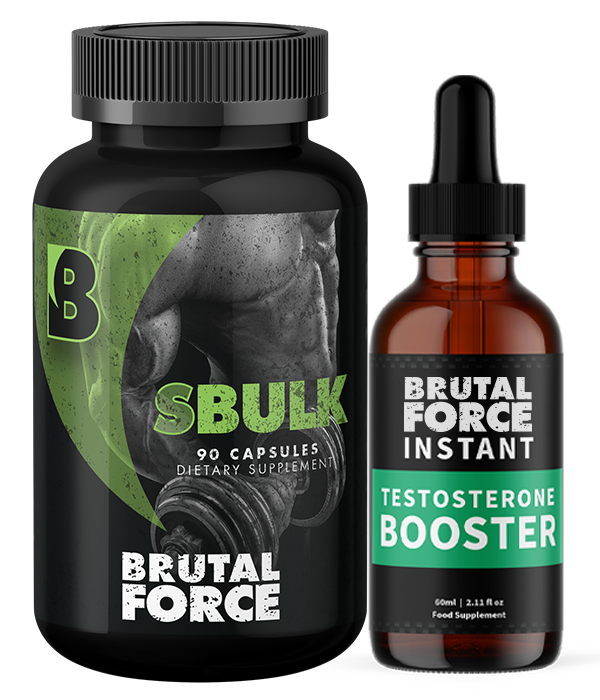
Optimal Testosterone Levels
Testosterone is an important hormone for both men and women. It helps with sexual development, muscle growth, and overall health. Normal testosterone levels are 300-1,000 ng/dL for men and 15-70 ng/dL for women. As we get older, our testosterone levels naturally go down, but certain lifestyle choices can help keep them up. Let’s look at how food, exercise, sleep, and stress affect testosterone.
Key Points About Testosterone
- Testosterone is important for both men and women
- Normal levels: 300-1,000 ng/dL for men, 15-70 ng/dL for women
- Low testosterone can affect sex drive, mood, and muscle mass
- Levels naturally decrease with age, starting around 30-40
- Diet, exercise, sleep, and stress management impact testosterone
- Maintaining a healthy body composition supports optimal T levels
- Natural supplements can provide additional testosterone support
- Regular check-ups are important for monitoring hormone health
Diet and Nutrition: Fueling Testosterone Production
What you eat can affect your testosterone levels. Diets high in healthy fats, like those from avocados, nuts, and olive oil, may help increase testosterone. Protein is also important, with whey protein being especially good after exercise. Learn more about foods that boost testosterone and add them to your meals.
Some vitamins and minerals are really important for making testosterone. Vitamin D, zinc, and magnesium can help increase testosterone levels, especially if you don’t have enough of them. Try to eat foods with these nutrients or take supplements if you need to.
Carbohydrates are also important. While low-carb diets can help with weight loss, eating too few carbs might lower testosterone. Try to eat a balanced amount of complex carbohydrates from whole grains, fruits, and vegetables.
Exercise and Physical Activity: Building Testosterone Naturally
Regular exercise, especially lifting weights and doing high-intensity workouts, can boost testosterone naturally. Try to do strength training 3-4 times a week, focusing on exercises like squats, deadlifts, and bench presses.
But be careful not to overdo it. Too much exercise can actually lower testosterone and increase stress hormones. Listen to your body and make sure to rest between workouts.
A study showed that increasing daily steps from about 3,500 to 10,500 helped improve testosterone levels more than just eating less. Check out our home page for more fitness tips to boost your testosterone naturally.
Mixing up your workouts can also help. Try different exercises, including both strength training and cardio activities. Sports like sprinting, basketball, and swimming can boost testosterone while improving overall fitness.
Sleep and Circadian Rhythm: The Testosterone-Sleep Connection
Getting enough good sleep is really important for testosterone production. Testosterone levels are highest during sleep and lowest in the late afternoon. Try to get 7-9 hours of sleep each night.
Sleep problems like sleep apnea can lower testosterone levels. If you snore loudly, gasp for air during sleep, or feel very sleepy during the day, talk to a doctor. Fixing sleep problems can help improve both your sleep and testosterone levels.
To sleep better and support testosterone production:
- Go to bed and wake up at the same time every day
- Create a relaxing bedtime routine
- Avoid screens for at least an hour before bed
- Keep your bedroom cool, dark, and quiet
- Don’t drink caffeine or alcohol close to bedtime
- Use dark curtains or a sleep mask to block out light
- Try relaxation techniques like deep breathing before bed
Stress Management: Balancing Cortisol and Testosterone
Long-term stress can really hurt your testosterone levels. When you’re stressed, your body makes cortisol, which can lower testosterone. To manage stress and support healthy testosterone levels:
- Try meditation or deep breathing exercises
- Exercise regularly
- Spend time outside
- Hang out with friends and family
- Try stress-reducing activities like yoga or tai chi
- Set realistic goals and prioritize tasks
- Take breaks during the day to relax
Remember, managing stress isn’t just about reducing it, but also about handling life’s challenges better. Learning healthy ways to cope can help both your mental health and hormone balance.
Body Composition: The Weight-Testosterone Connection
Keeping a healthy weight is important for good testosterone levels. Being overweight, especially having extra fat around your belly, can lower testosterone. On the other hand, having more muscle can help boost testosterone production.
If you’re overweight, slowly losing weight through healthy eating and exercise can help improve your testosterone levels. But be careful not to lose weight too quickly, as extreme dieting can temporarily lower testosterone.
Impact of Lifestyle Factors on Testosterone Levels
Natural Supplements for Testosterone Support
While lifestyle changes are most important, some natural supplements can help support testosterone levels. Here are some options:
For a natural alternative to synthetic testosterone boosters, consider the Testosterone Sustanon Alternative. This supplement is made to increase energy, strength, and lean muscle naturally, without the potential side effects of synthetic hormones.
Age-Related Testosterone Decline: What to Expect
It’s normal for testosterone levels to go down as we get older, usually starting around age 30-40. This natural decrease is about 1-2% per year. While this is normal, it can lead to less muscle, more body fat, and lower energy in some men.
To keep healthy testosterone levels as you age:
- Stay active, focusing on strength training and high-intensity exercises
- Eat a healthy diet with protein, healthy fats, and important nutrients
- Get enough sleep and manage stress
- Consider natural supplements to support hormone balance
- Get regular check-ups with your doctor to check hormone levels
- Stay social and do activities you enjoy
- Limit alcohol and don’t smoke
Lifestyle Habits to Avoid: Testosterone Killers
Some lifestyle choices can lower your testosterone levels:
- Drinking too much alcohol
- Smoking
- Some medications, like strong painkillers
- Exposure to certain chemicals in plastics
- Not getting enough sleep
- Too much endurance exercise, like very long-distance running
By avoiding these and focusing on healthy habits, you can support good hormone levels and overall health.
Conclusion: A Holistic Approach to Testosterone Health
Keeping healthy testosterone levels involves many factors: good nutrition, regular exercise, quality sleep, stress management, and a healthy weight. By focusing on these lifestyle factors, you can naturally support your body’s testosterone production and overall health.
Remember, everyone’s body is different. If you’re worried about your testosterone levels, talk to a doctor. They can help you figure out if you have low testosterone and make a plan that’s right for you.
By making small, consistent changes to your lifestyle, you can support healthy testosterone levels and enjoy better energy, muscle mass, and overall well-being. Start making these changes today and take charge of your hormonal health!

